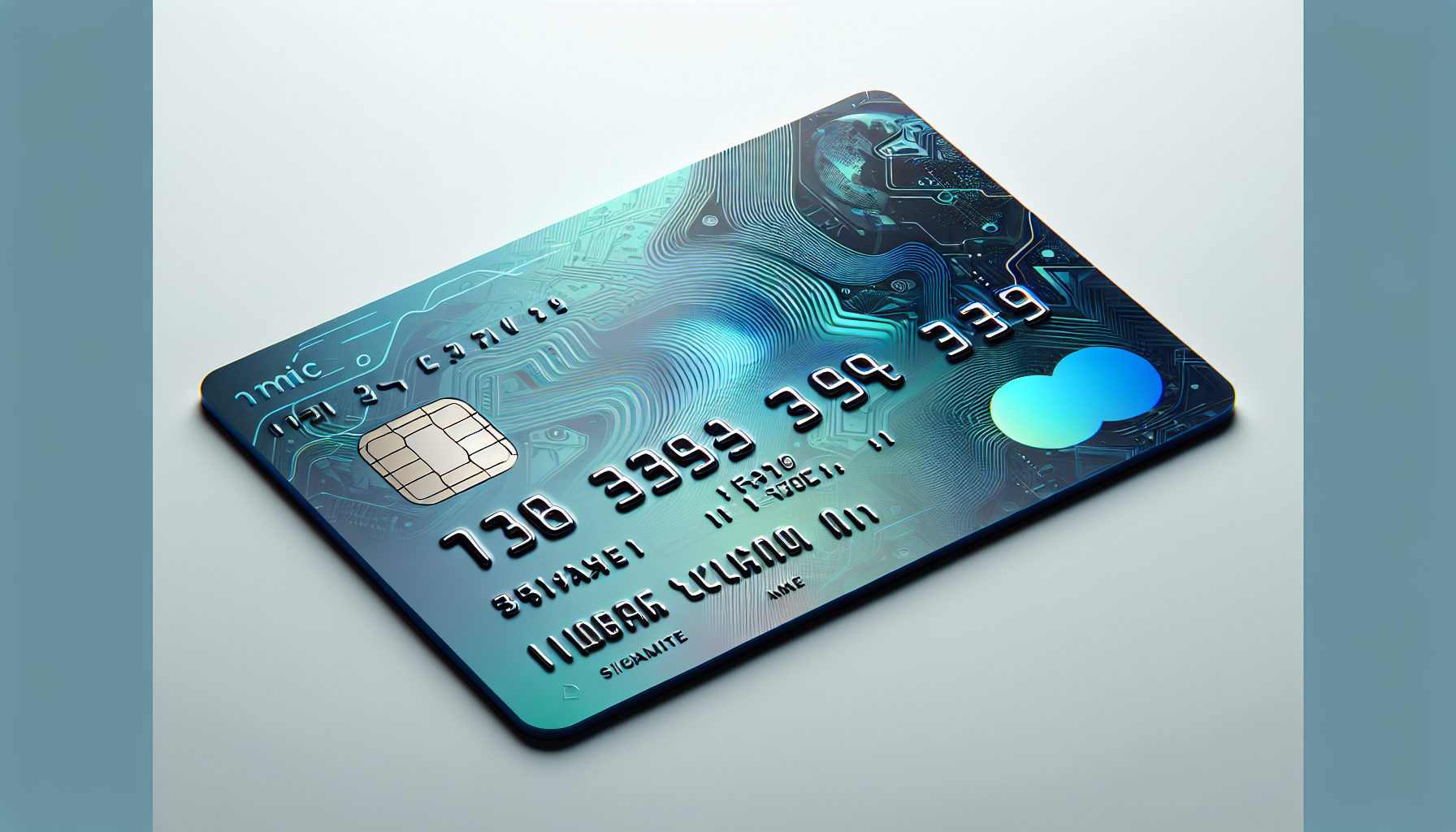Credit card fraud is a serious threat that can lead to financial loss and damage to your credit score. In today’s digital age, where online shopping and transactions are the norm, it is more important than ever to protect yourself from credit card fraud. By understanding how credit card fraud occurs and taking preventative measures, you can reduce the risk of falling victim to this type of financial crime.
Understanding Credit Card Fraud
Credit card fraud occurs when someone uses your credit card information without your permission to make unauthorized purchases or transactions. This can happen in a variety of ways, including skimming devices at ATMs or gas pumps, phishing scams where criminals trick you into providing your credit card information, or data breaches where hackers steal credit card information from companies’ databases. Once fraudsters have your credit card information, they can use it to make purchases, withdraw cash, or even open new accounts in your name.
To minimize the risk of credit card fraud, it is important to monitor your credit card statements regularly for any unauthorized charges. Look out for any unfamiliar transactions or discrepancies in the amounts charged. Additionally, be cautious when sharing your credit card information online and only make purchases from secure websites that display the padlock symbol in the address bar. Use unique and strong passwords for your online accounts and avoid storing your credit card information on websites or apps.
Tips for Preventing Fraudulent Activities
One of the most effective ways to prevent credit card fraud is to keep your credit card information secure. Avoid sharing your credit card details over the phone or email unless you are certain of the recipient’s identity. Be wary of unsolicited emails or phone calls asking for your credit card information, as these may be phishing attempts by fraudsters. If you lose your credit card or suspect it has been stolen, report it to your card issuer immediately to have it blocked and request a replacement card.
Consider using credit card alerts or notifications to be alerted to any unusual activity on your account. Many card issuers offer alerts for large purchases, international transactions, or transactions made without the physical card present. By setting up these alerts, you can quickly identify and report any suspicious transactions. Lastly, regularly review your credit report to check for any unauthorized accounts or inquiries. If you spot any discrepancies, report them to the credit bureaus and your card issuer to investigate and resolve the issue.
Protecting yourself from credit card fraud requires vigilance and proactive measures to safeguard your financial information. By understanding how credit card fraud occurs and following the tips for preventing fraudulent activities, you can reduce the risk of falling victim to this type of financial crime. Remember to stay informed about the latest scams and security practices to keep your credit card information safe and secure.


Related Posts :
Deciding Between Personal Loans and Credit Cards